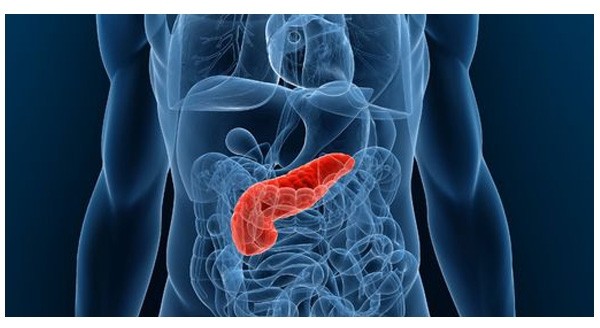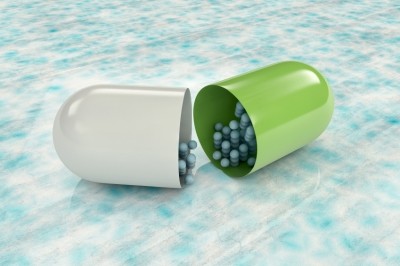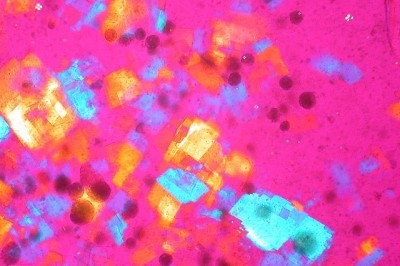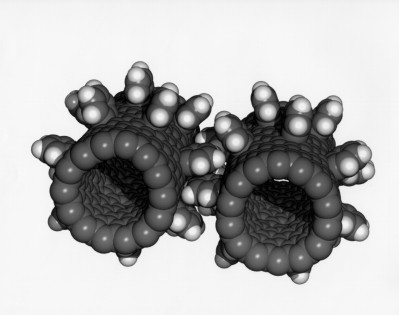Chinese researchers develop nanocarrier for pancreatic cancer drug

The multi-layer hybrid nano-carrier allows for the layering of the three APIs (active pharmaceutical ingredients) of FOLFIRINOX chemo (5-fluorouracil,oxaliplatin and irinotecan), thereby filling a technology gap for the application of a nano-carrier as part of multi-drug treatment for pancreatic cancer.
“Encapsulation of drugs in nanocarriers that selectively target cancer cells promises to be an effective method for co-delivery of drug combinations and to mitigate the side effects of conventional chemotherapy,” the researchers wrote. “Here we reported the development of multiple layer-by-layer lipid-polymer hybrid nanoparticles with targeting capability that show excellent biocompatibility and synergistically combine the favorable properties of liposomes and polymer nanoparticles.”
Pancreatic cancer has a five-year survival rate below 5%. Surgery is the only possible cure, but only 20% of patients are considered for the surgery at the time of diagnosis.
The research team at Tianjin Medical University Cancer Hospital cooperated with the research team at the Chinese Academy of Sciences National Center for Nanoscience and Technology on the project.
“Little drugs were released from the nanoparticles in phosphate buffered saline (PBS) solution, but the cargoes were quickly released after the nanoparticles were taken up by tumor cells,” the researchers write. “These innovative drug-loaded nanoparticles achieved higher antitumor efficacy and showed minimal side effects compared with the FOLFIRINOX regimen alone. Our study suggested that the multiple layer-by-layer hybrid nanoparticles have great potential for improving the chemotherapeutic efficacy for the patients with pancreatic cancer. This platform also provides new opportunities for tailored design of nanoparticles that may offer therapeutics benefits for a range of other tumors.”
Researchers said the nano-carrier can improve the tumor targeting tenfold compared with the control group, and that it increases the half-life period of the medicine circulating in the patient's body.
Scientists at Harvard, MIT and the University of North Carolina are also developing nanoparticles to help better deliver drugs, including those to treat cancer.
"Multi-drug therapy is a basic principle in tumor treatment. Nano-drugs in the past only provided an improvement to the medicine while this new design of a nano-carrier broadens the application of nanotechnology in multi-drug chemotherapy," Tianjin Professor Hao Jihui said in a statement. He didn’t respond to a request for comment.













